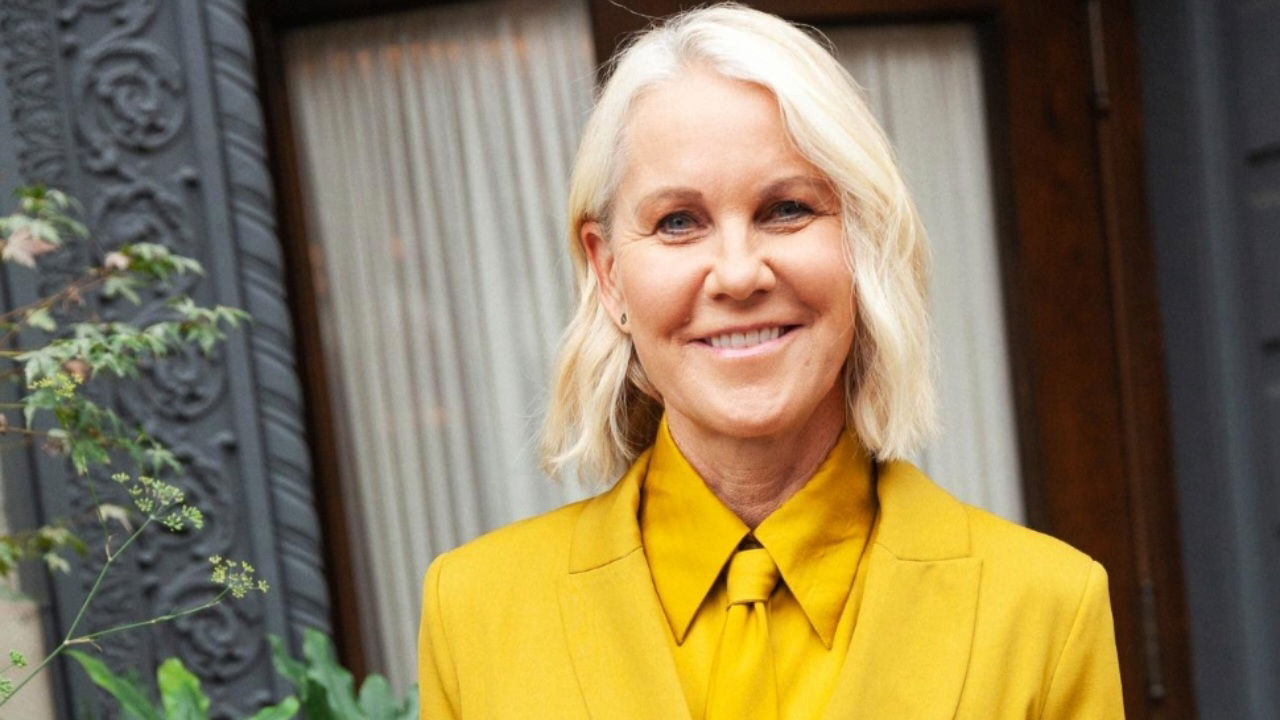Rennae Stubbs takes dig at ITIA for their new ‘shower’ rule to catch dopers
Rennae Stubbs revealed chaperones representing anti-doping agencies always observed players while showering after matches.

Rennae Stubbs (Image via Instagram/Rennae Stubbs)
The International Tennis Integrity Agency (ITIA) is once again making headlines all over the world. This time, it’s not about any player failing a drug test but about a ‘shower’ rule.
The ITIA has sent a statement to every player that if they want to take a shower, they will have to do it in front of a doping control official. They have made this mandatory and stated that players not following the rule will be taken seriously by the ITIA. When Rennae Stubbs heard it, she recalled her playing days and revealed that chaperones observed them showering even back then.
We always have had to shower with the door open. The drug testing people were with us every minute from the moment we walked off court including watching us shower. I don’t know what they’re putting this out now.
Rennae Stubbs wrote on X
Check out her post here:
We always have had to shower with the door open. The drug testing people were with us every minute from the moment we walked off court including watching us shower. I don’t know what they’re putting this out now.
— Rennae Stubbs ♈️ (@rennaestubbs) April 18, 2025
But it’s not mandatory to shower before the drug test. The ITIA stated that if the players are uncomfortable showering in front of the officials, then they should consider whether they want to shower or not.
Chris Evert agrees with Rennae Stubbs about ITIA’s shower rule
Chris Evert bade her farewell to tennis in 1989 after lifting 18 Grand Slam singles titles. She is of the same opinion as Rennae Stubbs about ITIA’s mandatory shower rule as she too revealed that during her playing days, players had to shower before the chaperones who represented the anti-doping agencies.

Firstly, yes, they had drug testing the last year I played , in which I went right off the court to the ladies room with my cup…shower was after…
Chris Evert wrote on X
Check out the post here:
firstly, yes, they had drug testing the last year I played 😂, in which I went right off the court to the ladies room with my cup…shower was after… https://t.co/BcHWKyY51n
— Chris Evert (@ChrissieEvert) April 19, 2025
This is the third time ITIA caused quite a stir in the tennis world in recent years. After Simona Halep‘s doping saga, the ITIA declared that both Iga Swiatek and Jannik Sinner bore no fault or negligence. Halep, at first, was handed a four-year ban by the ITIA, but she approached the Court of Arbitration for Sport (CAS) and reduced the ban to nine months.
Last year in August, the ITIA announced that the three-time Grand Slam champion tested positive for clostebol twice, but as the banned steroid contaminated him during physiotherapy sessions, he faced no ban. His former physio was using a spray containing clostebol and massaging Sinner with bare hands contaminated him. That same month, Swiatek failed the drug test.
She had trimetazidine in her sample as she had been consuming a contaminated sleep medication melatonin. She was given a one-month ban, but it didn’t affect her schedule much as she skipped three tournaments. But as a consequence, she lost her No.1 ranking to Aryna Sabalenka, who also was making deep runs and winning trophies at that time.
Although Swiatek’s case ended with her one-month ban, the World Anti-Doping Agency (WADA) challenged the ITIA’s verdict and appealed to the CAS, demanding a ban of between one and three years. But a few months before the scheduled hearing, the WADA reached a settlement agreement with the World No.1 and chose to hand him only a three-month ban.
Stubbs, who had always backed Sinner and never doubted his innocence, said WADA was a “joke“. Sinner will finally be breathing a sigh of relief after May 4, as it’s on this day his ban will lift.
The 23-year-old will be making his much-awaited return at the Italian Open, which starts on May 7. He has so far played only at the Australian Open, which he defended by breezing past Alexander Zverev in straight sets.







